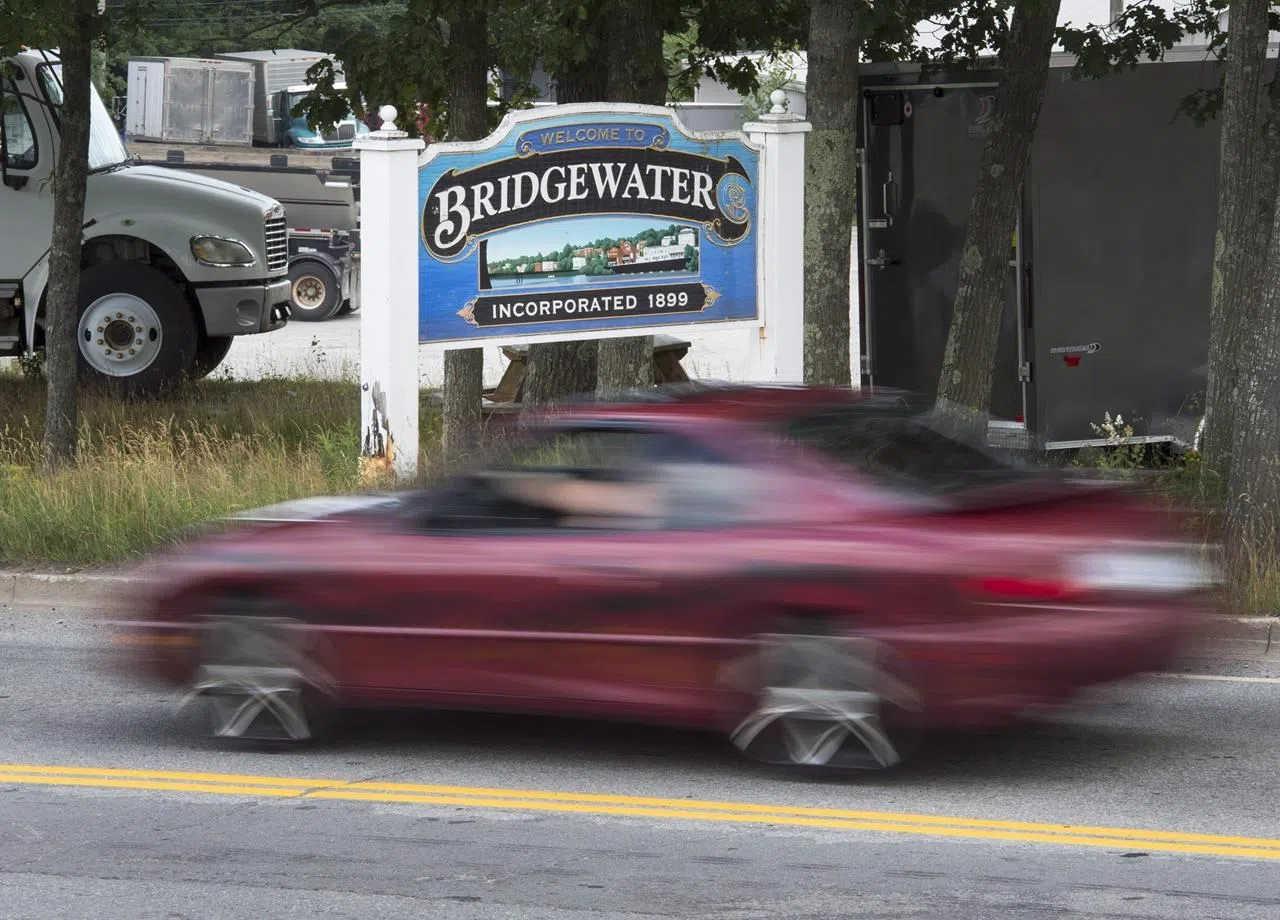
Case of teens accused of sharing intimate images important: prosecutor
BRIDGEWATER, N.S. — The “large-scale” case of six teenaged boys accused of keeping intimate photos on a Dropbox account will be an early test of a law designed to combat the unwanted online sharing of naked images, a prosecutor said Tuesday after a brief court hearing.
Outside youth court in Bridgewater, N.S., Crown prosecutor Leigh-Ann Bryson said it was the first time that her region has laid charges of distributing intimate images without consent against a group of youths.
It’s an important trial both in Nova Scotia and nationally as case law is still being developed for the law passed March 10, 2015, she said.
“Certainly it’s one of the first large-scale cases of this nature,” she said, adding she’s aware of one other youth case underway in Halifax.


